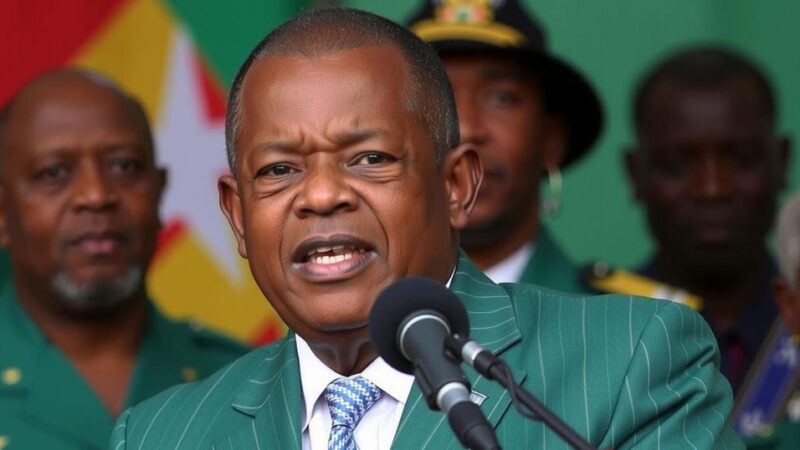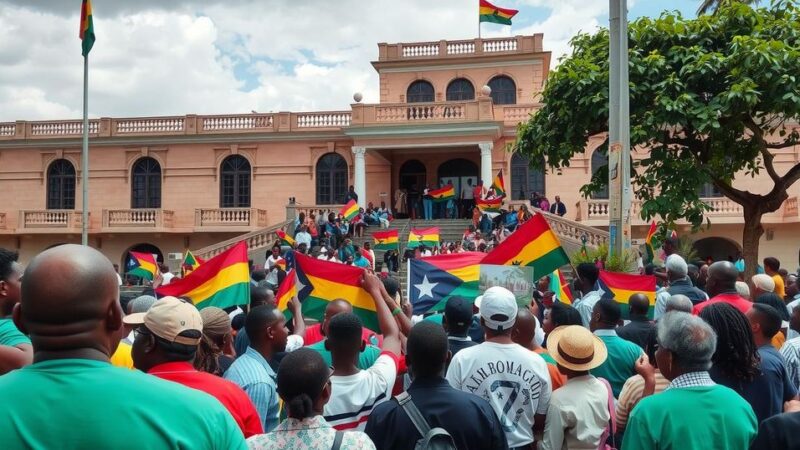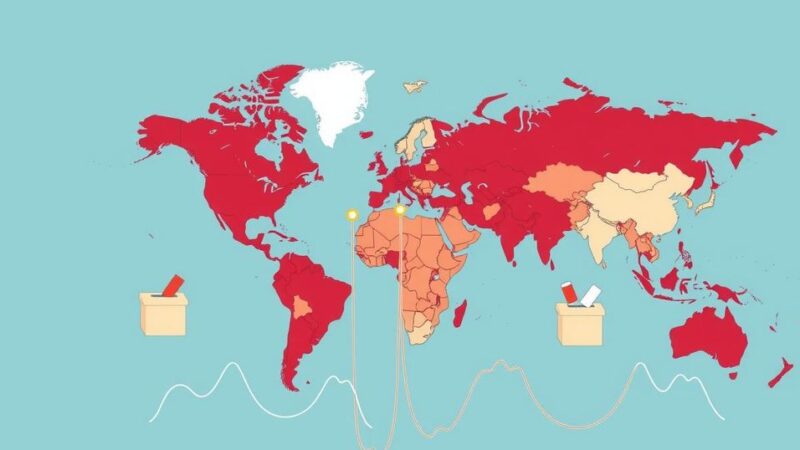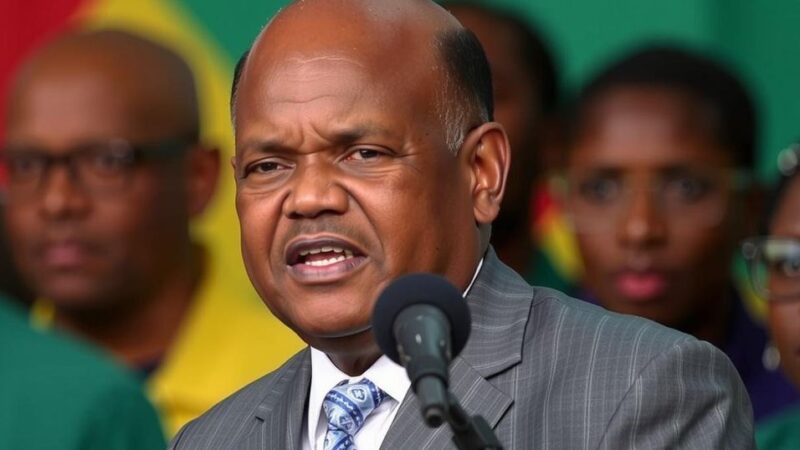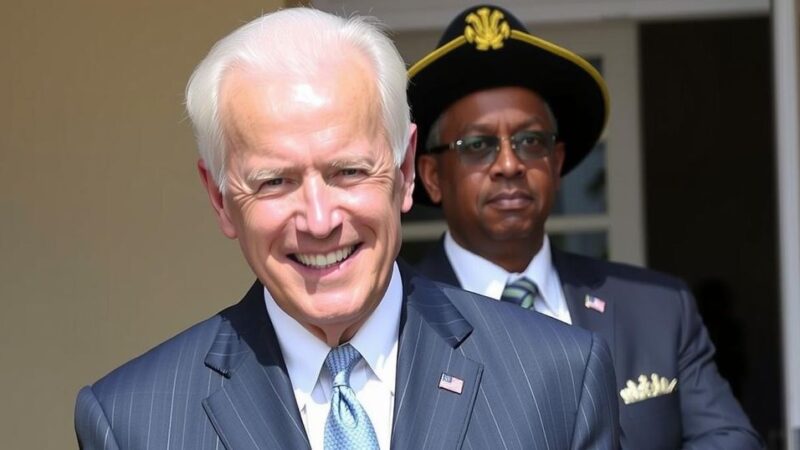Ghana’s electoral reforms have evolved since 2000, highlighted by changes to transparent ballot boxes and the implementation of biometric voter registration in 2012. These reforms aimed to increase integrity and inclusiveness but faced scrutiny during the 2020 election. As Ghana approaches the 2024 elections, the Electoral Commission must earn back public trust to successfully conduct credible elections.
Ghana has undergone a significant transformation in its electoral processes, marked by a series of reforms intended to enhance the integrity, transparency, and inclusiveness of its democratic system. Noteworthy advancements include the switch from opaque to transparent ballot boxes in 2000, the introduction of colored photo ID cards, and, in 2012, the implementation of biometric voter registration and verification systems. These innovations aimed to combat voter impersonation and fraud, thereby reinforcing the credibility of elections by ensuring that only eligible voters could participate.
The Electoral Commission (EC) Chairperson, Jean Mensa, recognized that these reforms were key initiatives introduced by previous leadership to bolster electoral credibility. The reforms also aimed to foster a participatory electoral climate, engaging political parties, civil society organizations, and the public at all levels of the electoral process. This expanded involvement has notably enhanced public confidence in Ghana’s electoral framework.
Despite commendable progress, challenges have emerged that question the efficacy of these reforms. The 2020 election saw the EC criticized for initially announcing incorrect presidential results, leading to protests from the opposition National Democratic Congress (NDC) and a subsequent Supreme Court appeal, which was ultimately dismissed, yet this incident tarnished the EC’s reputation.
In 2024, concerns arose regarding missing biometric verification devices, with the NDC alleging that seven devices were unaccounted for, igniting fears of potential election fraud. The EC rapidly countered these claims, affirming that no devices were lost. As Ghana approaches the 2024 elections, the EC must reaffirm its commitment to conducting free, fair, transparent, and credible elections while also working to restore public confidence in its oversight of the electoral process.
The monumental strides made through technological advancements and inclusive reforms have laid a strong foundation for enhanced electoral transparency and public participation. However, the EC’s ability to rectify prior missteps and reassure citizens of its integrity is paramount. Ultimately, the future of Ghana’s democracy hinges on its success in upholding and advancing the electoral reforms that have rendered it an exemplary model of governance in Africa. Should these efforts prove successful, the 2024 election could symbolize the zenith of Ghana’s democratic evolution in the Fourth Republic.
The evolution of Ghana’s electoral processes has been characterized by concerted efforts to improve democratic governance. Beginning with significant reforms in 2000, such as the transition to transparent ballot boxes and the introduction of photo IDs, these changes laid the groundwork for later innovations. The integration of biometric systems in 2012 represented a crucial development in minimizing electoral fraud and assuring voter eligibility. Over the years, these reforms have aimed not only to enhance electoral integrity but also to foster greater inclusiveness in the democratic process, involving various stakeholders and increasing public engagement in elections.
Ghana’s journey of electoral reforms highlights the country’s dedication to establishing a robust democratic system. While significant advancements have been made, particularly through the introduction of biometric systems, challenges remain that threaten public trust. As the EC prepares for the 2024 elections, its actions will be critical in restoring confidence and ensuring that the electoral process is free, fair, and transparent. Success in these endeavors may culminate in a defining moment for Ghana’s democracy, showcasing its commitment to democratic principles in Africa.
Original Source: www.ghanaweb.com


